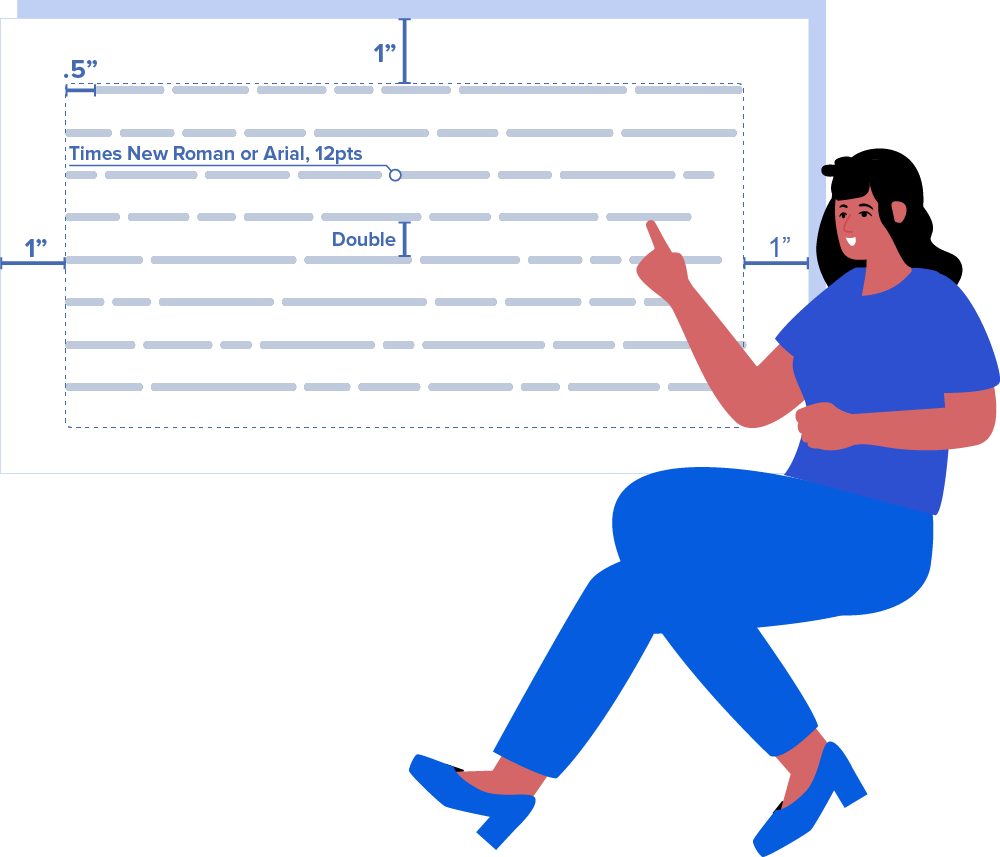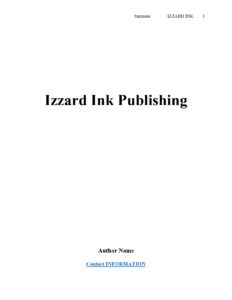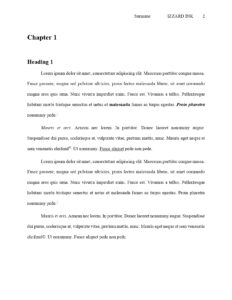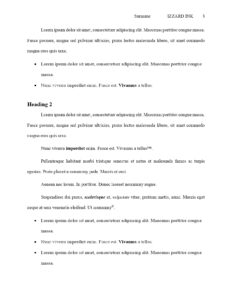What is a Manuscript?
A manuscript is the original, complete, and unpublished draft of a writer’s work, formatted according to specific industry standards. It’s important to note that manuscript formatting is different from the final book formatting, which is done by the publisher.
How to Format a Book Manuscript?
Formatting a manuscript correctly is essential for impressing publishers and agents. It involves several key steps that ensure your document is neat, readable, and meets industry standards for book manuscript formatting. Before delving into each formatting detail, consider getting a professional manuscript assessment to perfect your submission.
Page Setup
Font
Standard manuscript formatting recommends choosing a clear, readable font like Times New Roman or Arial, size 12.
Margins
Set margins to at least 1 inch on all sides to allow room for notes and corrections.
Paper Size
Use standard 8.5 x 11-inch paper for your manuscript submissions.
Line Spacing
A common practice in manuscript formatting is to double-space your text to improve readability and leave room for editing marks.
Indentation and Alignment
Paragraph Indentation
Indent the first line of each paragraph by 0.5 inches.
Alignment
Align your text to the left margin; this is standard for manuscript formatting.
Headers and Page Numbers
Header
An important component of your manuscript is the header. Make sure to include a header with your surname, book title, and page number in the top right corner.
Page Numbers
Page numbers should be placed in the header, flush right.
Page Title
Center the title of your work one-third down the page, followed by your name and contact information centered at the bottom.
Scene Breaks
Use a single centered hash symbol (“#”) or three asterisks (“***”) to indicate scene breaks. This visual marker signals a pause in the narrative or a shift in setting or perspective, helping to guide the reader through the story’s structure.
Formatting Special Text
When formatting your manuscript, applying special text styles like italics, bold, and underlining must be done with precision. Use italics for internal thoughts, titles of other works, foreign words, or for emphasis within dialogue. Bold text is typically reserved for headings or special emphasis, though it is rarely used in traditional manuscript formats. Avoid underlining as it can be mistaken for hyperlinks in digital formats. Additionally, include copyright (©) and trademark (™) symbols where applicable to protect intellectual property and denote proprietary terms or names.
Ending
Conclude your manuscript on a new page, centered, with the word “End” or “The End.”
Important Tips to Know Before Sending Your Manuscript
- Proofread: Eliminate errors and ensure consistent formatting.
- Follow Guidelines: Adhere to specific submission requirements from publishers or editors.
- Feedback: Get opinions from experience editors with the Izzard Ink’s manuscript assessment service.
- Backup: Save your work in multiple locations.
- Legal Check: Secure necessary permissions for any copyrighted material.
- Learn: Understand basic publishing contracts.
Manuscript assessment is an exploration and uncovering of your manuscript’s potential. Our team of editors evaluates your work, providing specific, detailed feedback and actionable suggestions.








